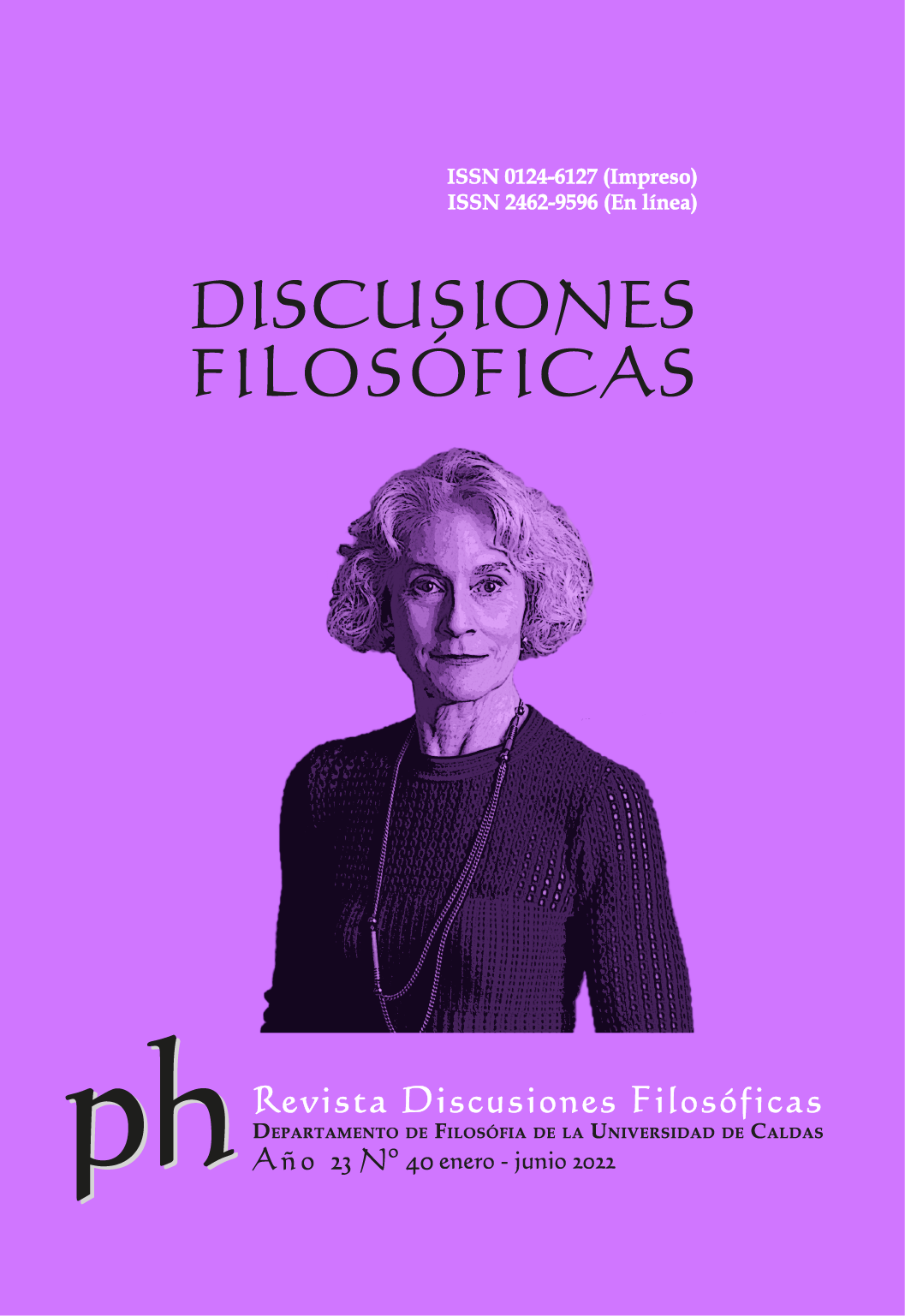Authors
Abstract
This work is based on the premise that, in El arco y la lira Octavio Paz reflects on the poetic language that approaches in several aspects the hermeneutics of Hans-George Gadamer. Both authors argue that poetry is an original language that, due to its creative character, separates the
reader from the daily relationships of the world and, at the same time, connects him with tradition. Poetry thus, becomes an experience of origin and belonging. Poetry takes the reader to what he has never seen before (experience of otherness and experience of the indeterminate), but it
also connects the reader with history and with the tradition that is present in every language. Therefore, the purpose of this article is to show the meeting points between the two authors who, from very different starting points, have reached approaches that are quite compatible with each
other, which is explained, to a large extent, by the fact that they both have overcome the vision of language as a medium and have affirmed,
instead, the linguistic essence of poetry.
References
Astorga, Omar. “La filosofía de Octavio Paz”. Araucaria 6 (11), 2004: 121-145. https://revistascientificas.us.es/index.php/araucaria/article/view/1035.
Bachelard, Gastón. La llama de una vela. Monte Ávila editores, 1975. Impreso.
Balcázar de Buche, Cecilia. “Lenguaje, poesía y filosofía.” Revista de Estudios Sociales, 2000. https://www.redalyc.org/articulo.oa?id=81500607
Beuchot, Mauricio. El ser y la poesía: el entrecruce del discurso metafísico y el discurso poético. Universidad Iberoamericana, 2003. Impreso.
Borges, Jorge Luis. Poesía completa. Penguin Ramdom House, 2013. Impreso.
Castañeda, Edith. “Hermenéutica y poesía”. La Colmena: Revista de la Universidad Autónoma del Estado de México. 2003: 11-18.
https://dialnet.unirioja.es/servlet/articulo?codigo=6148004.
De la Torre-Cruz, David. “El lenguaje de la poesía. Una mirada a la palabra poética como superación de los límites del lenguaje filosófico: Wittgenstein
y Octavio Paz”. Pensamiento y Cultura, 13 (1), 2010: 81-94. https://pensamientoycultura.unisabana.edu.co/index.php/pyc/article/view/1674.
Detienne, Marcel. Los maestros de la verdad en la Grecia arcaica. Sexto Piso, 2004. Impreso.
Flores, Ociel. “Hermenéutica de la lectura: el lenguaje original de Octavio Paz y Eduardo Lizalde”. Fuentes humanísticas. Jul. 2006: 185-193.
http://fuenteshumanisticas.azc.uam.mx/index.php/rfh/article/view/597/0.
Gadamer, H. G. Estética y hermenéutica. Técnos, 1998. Impreso.
---. Verdad y método I. Ediciones Sígueme, 1999. Impreso.
---. Arte y verdad en la palabra. Ediciones Paidós, 1998. Impreso.
Gutiérrez, Carlos B. “Comprensión y pertenencia”. Ideas y Valores 51 (120), 2002: 7-13. https://repositorio.unal.edu.co/handle/unal/28598?show=full.
Hegel, Georg Wilhelm Friedrich. Filosofía del arte o estética. Abada Editores, 2006. Impreso.
Paz, Octavio. Claridad errante. Poesía y prosa. Fondo de cultura económica, 2018. Impreso.
---. El arco y la lira. Fondo de cultura económica, 1996. Impreso.
---. El fuego de cada día. Seix Barral, 1989. Impreso.
---. Obras completas de Octavio paz: Miscelánea I: Primeros escritos. Fondo de cultura económica, 1999. Impreso.
Ruiz Barrionuevo, Carmen. “La incesante búsqueda del lenguaje en la poesía de Octavio Paz”. Revista de Filología de la Universidad de La Laguna. 1984: 61-82. https://dialnet.unirioja.es/servlet/articulo?codigo=91641.
Sepúlveda Llanos, Fidel. “El discurso estético de Octavio Paz”. Octavio Paz. Poética e identidad. Editado por Fidel Sepúlveda Llanos y Luis E. Cecereu Lagos, Pontificia Universidad Católica de Chile, Instituto de estética, 1993, págs. 15-24. Impreso.
Szondi, Peter. Poética y filosofía de la historia I. Visor, 1992. Impreso. Valéry, Paul. Teoría poética y estética. Visor, 1990. Impreso.

 PDF (Español)
PDF (Español)
 FLIP
FLIP





























